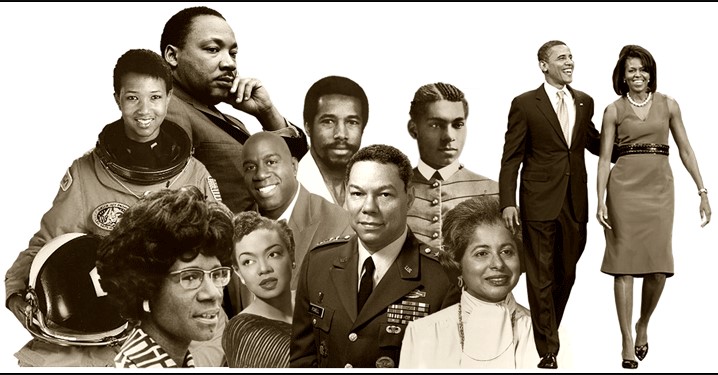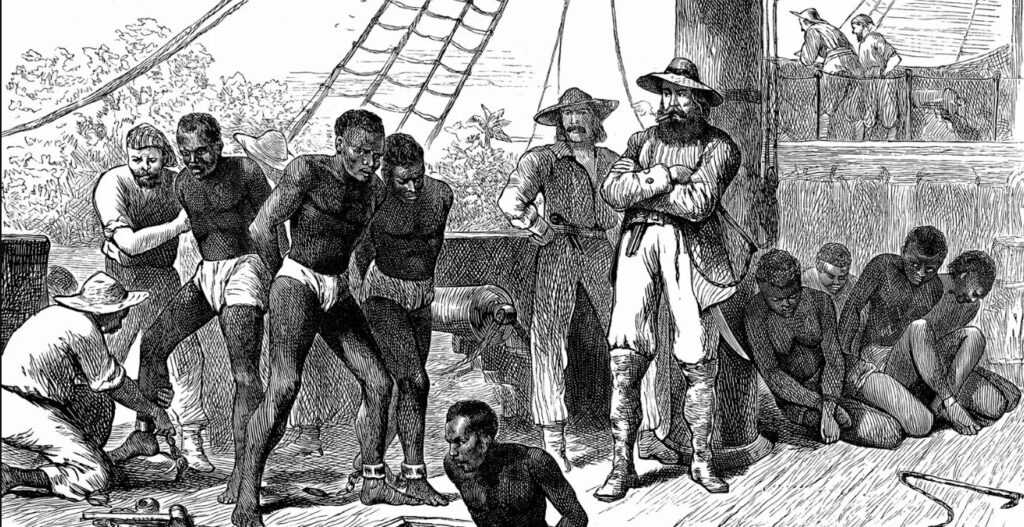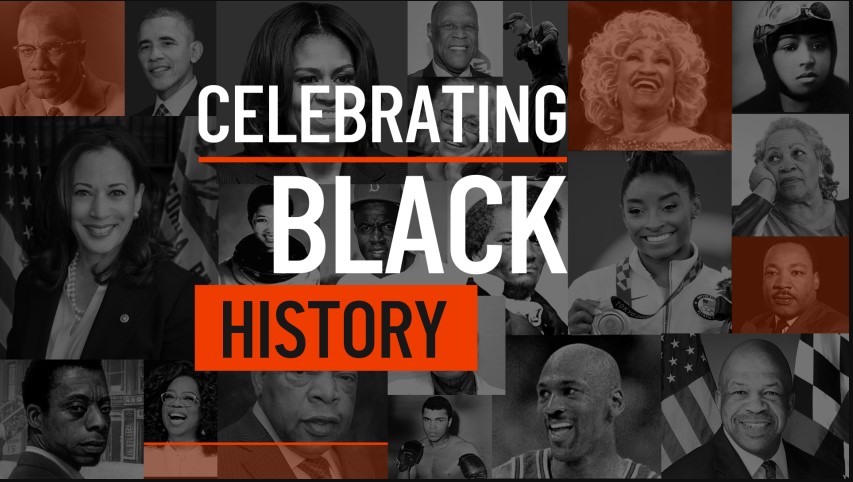Black History Month: Key Facts, History, and How to Celebrate
Black History Month honors the achievements, struggles, and contributions of the African diaspora, including African Americans.
Key Facts
- When Celebrated: February (U.S./Canada: Feb 1–29), October (UK, Ireland)
- Observed in: U.S., Canada, Ireland, UK
- Years Observed: 54 years officially, roots since 1926
- Origin: Began as Negro History Week in 1926, championed by Carter G. Woodson
- Official Month: Declared by U.S. government in 1976
- Focus: Honoring Black excellence, remembering struggles like slavery and segregation, and advocating racial justice
2024 Theme – African Americans and the Arts
This year’s theme celebrates African American impact on visual arts, literature, music, fashion, folklore, language, architecture, culinary arts, and more. Every U.S. president since 1976 has supported a theme for the month.

A Brief History
Black History Month began in 1926 to spotlight overlooked contributions of Black Americans. Chosen for February because it marks the birthdays of Frederick Douglass (Feb 14) and Abraham Lincoln (Feb 12), it expanded into a month-long tribute in 1976. Today, it’s celebrated in the U.S., Canada, UK, and Ireland.
Europe observes it in October to avoid overlap with North America’s February events, connect to the harvest season (a time tied to African labor history), and acknowledge Europe’s own complex Black heritage.
How to Celebrate Black History Month
- Learn Black history through books, documentaries, and museums
- Support Black-owned businesses and organizations
- Attend cultural events and discussions
- Engage in conversations about race and justice
- Advocate for equality-focused policies
- Share inspiring stories on social media
- Mentor and educate young people
Black History of America: Struggle, Resilience, and Achievement
The Black history of America is a story of slavery, freedom, civil rights, and cultural influence that has shaped the nation’s identity. Spanning over 400 years, it reflects the resilience of African Americans in the face of oppression and their lasting contributions to U.S. society.
Early History & Slavery (1619–1865)
- The first enslaved Africans arrived in Virginia in 1619.
- For over two centuries, slavery fueled the American economy, especially in the South.
- The Abolitionist Movement gained momentum in the 19th century, leading to the Civil War (1861–1865) and the Emancipation Proclamation issued by President Abraham Lincoln in 1863.
Reconstruction & Segregation (1865–1950s)
- The 13th Amendment (1865) abolished slavery.
- Reconstruction brought limited political gains for Black Americans, but Jim Crow laws enforced segregation and racial discrimination for decades.
Civil Rights Era (1950s–1970s)
- Leaders like Martin Luther King Jr., Rosa Parks, Malcolm X, and organizations like the NAACP fought for racial equality.
- Landmark events included the Brown v. Board of Education (1954) ruling, the Montgomery Bus Boycott (1955), and the Civil Rights Act (1964).
Modern Achievements & Ongoing Challenges
- African Americans have made historic strides in politics, culture, science, and sports — from Barack Obama becoming the first Black U.S. president to influential figures in music, film, and literature.
- Ongoing movements like Black Lives Matter continue to address systemic racism and police brutality.
Black History of the World
The Black history of the world spans thousands of years, from the ancient civilizations of Africa to modern-day movements for equality and justice. It’s a story of innovation, leadership, culture, and resilience that has shaped nations across every continent.
Ancient African Civilizations
- Egypt, Nubia, and Kush — early centers of learning, architecture, and trade.
- Mali Empire (13th–16th century) — home to Timbuktu, a hub of scholarship.
- Kingdom of Benin — famous for its advanced governance and bronze artistry.
Transatlantic Slave Trade (16th–19th Century)

- Millions of Africans were forcibly taken to the Americas, Europe, and the Caribbean.
- The trade devastated communities but also spread African culture worldwide.
Colonialism & Resistance
- African nations endured centuries of European colonization.
- Leaders like Shaka Zulu, Samory Touré, and Queen Nzinga resisted imperial rule.
Black Diaspora Achievements
- In the Caribbean: the Haitian Revolution (1791–1804) became the first successful slave uprising.
- In South America: Afro-Brazilian communities preserved culture through music, dance, and religion.
- In Europe: Black intellectuals and artists contributed to movements like the Harlem Renaissance’s global influence.
Civil Rights & Independence Movements
- Across Africa, the 1950s–1970s saw a wave of independence: Ghana, Nigeria, Kenya, and more.
- In the U.S., the Civil Rights Movement inspired global human rights struggles.
- South Africa’s anti-apartheid movement led to Nelson Mandela’s presidency in 1994.
Modern Influence & Ongoing Challenges
- Black culture influences music, fashion, literature, sports, and politics worldwide.
- Movements like Black Lives Matter have sparked global conversations on racial justice.
Why It Matters:
Black history is world history — it reflects the strength, creativity, and impact of people of African descent across centuries and continents. Understanding it helps us build a future rooted in equality and respect.







